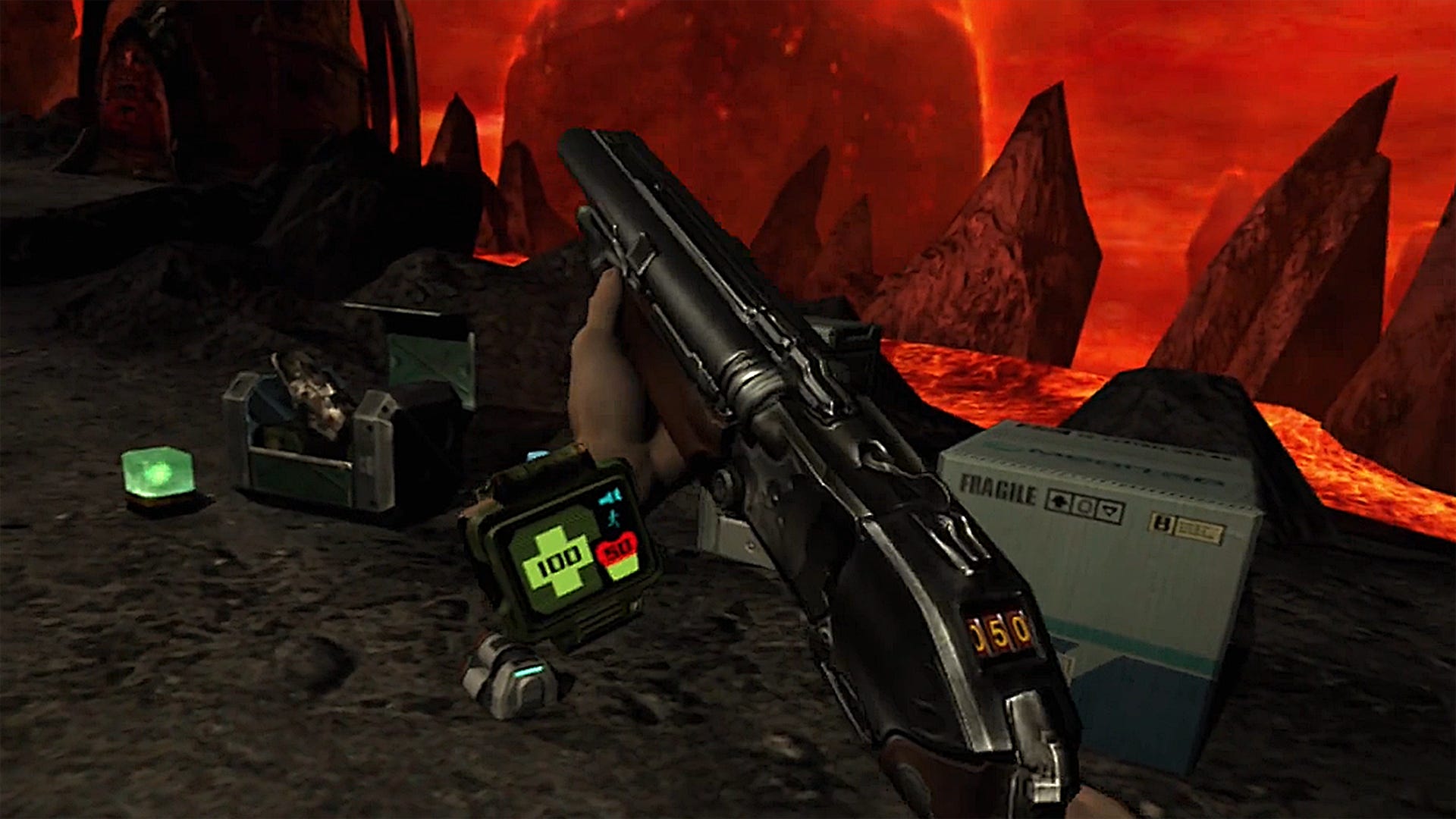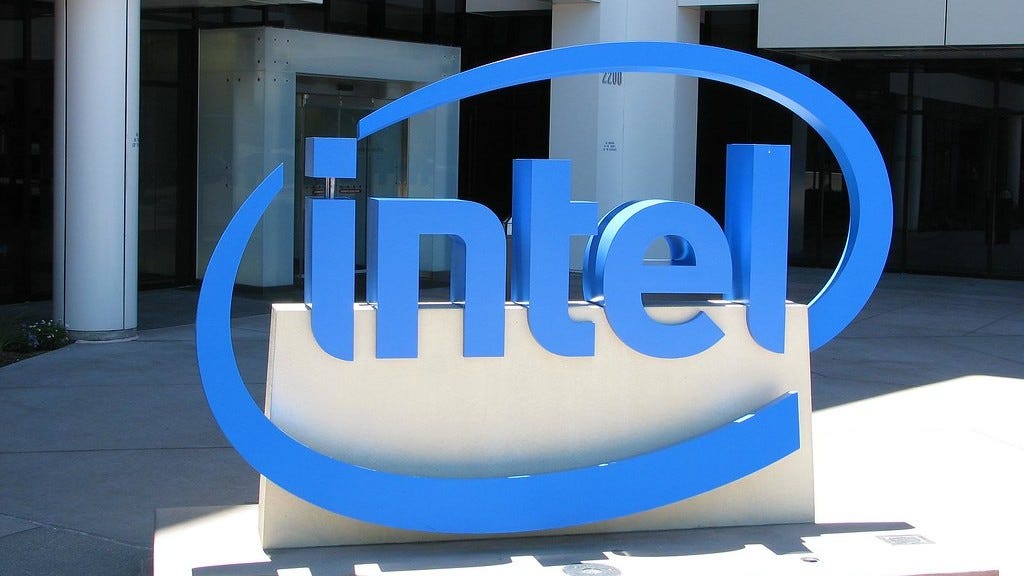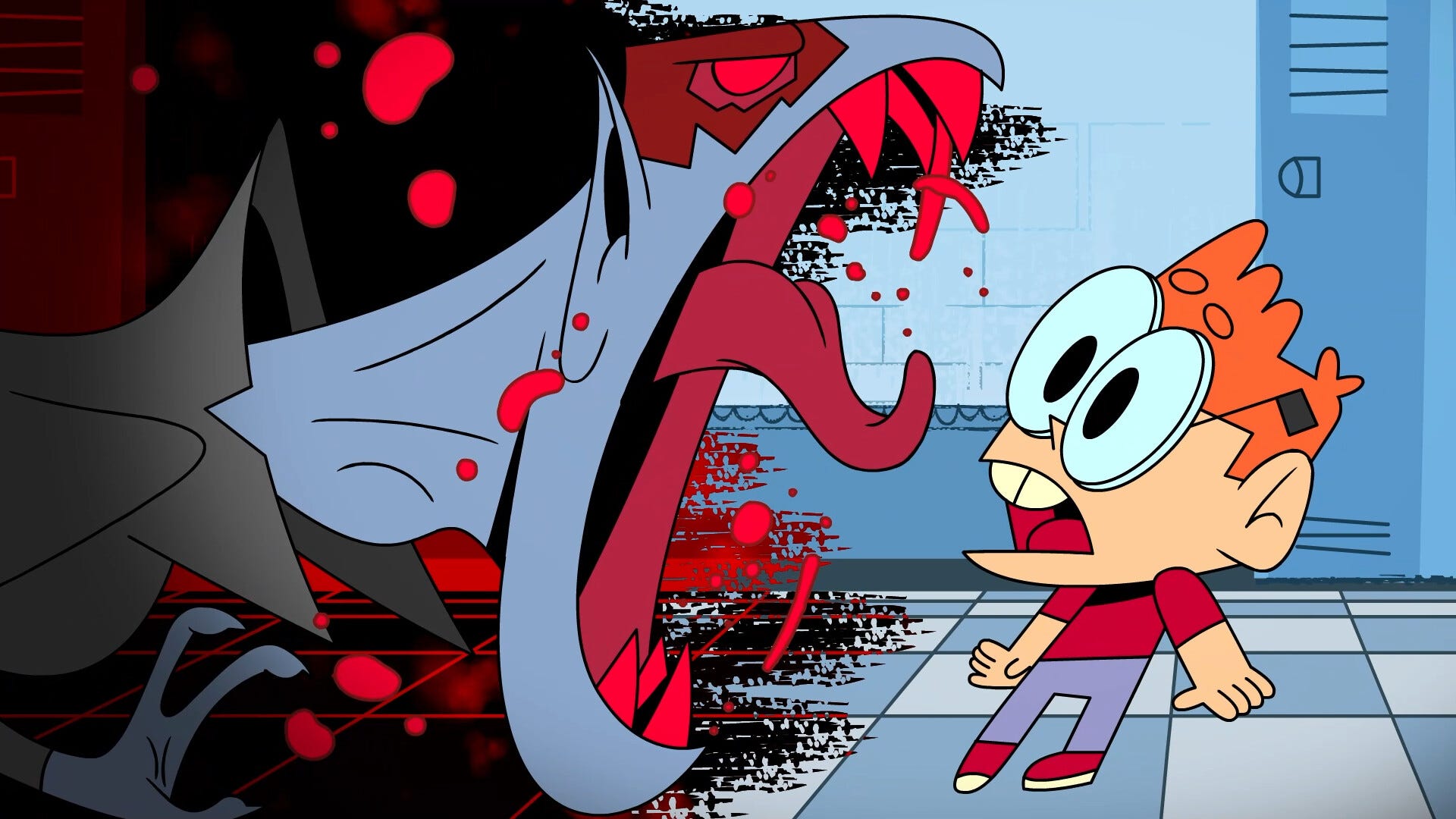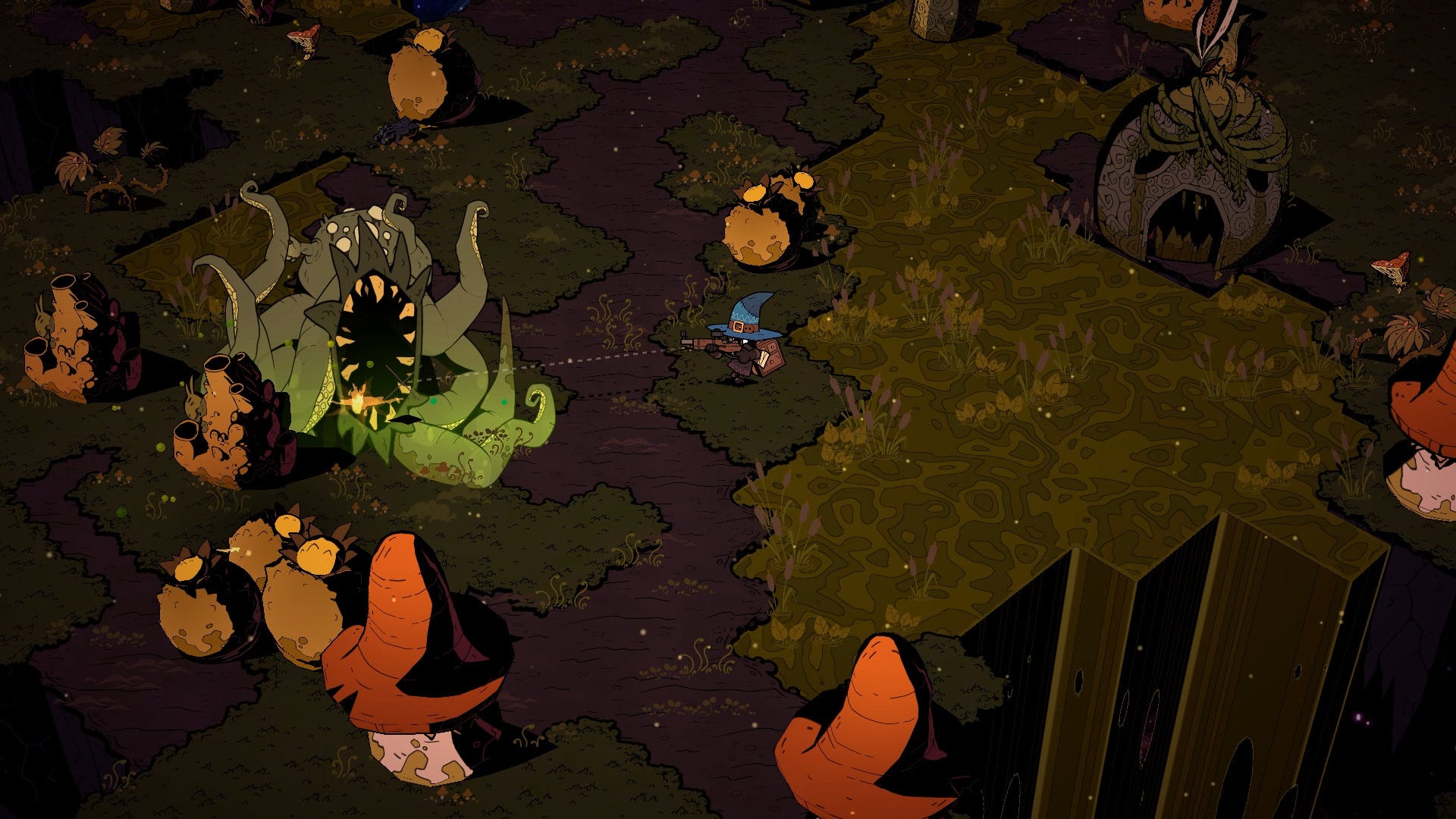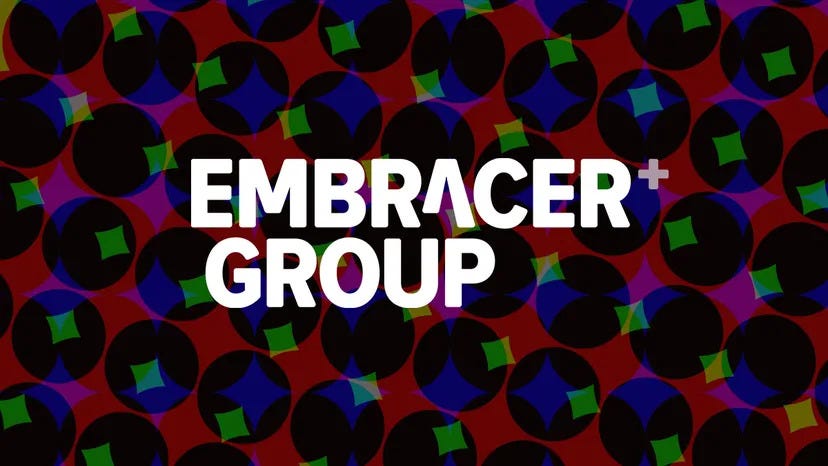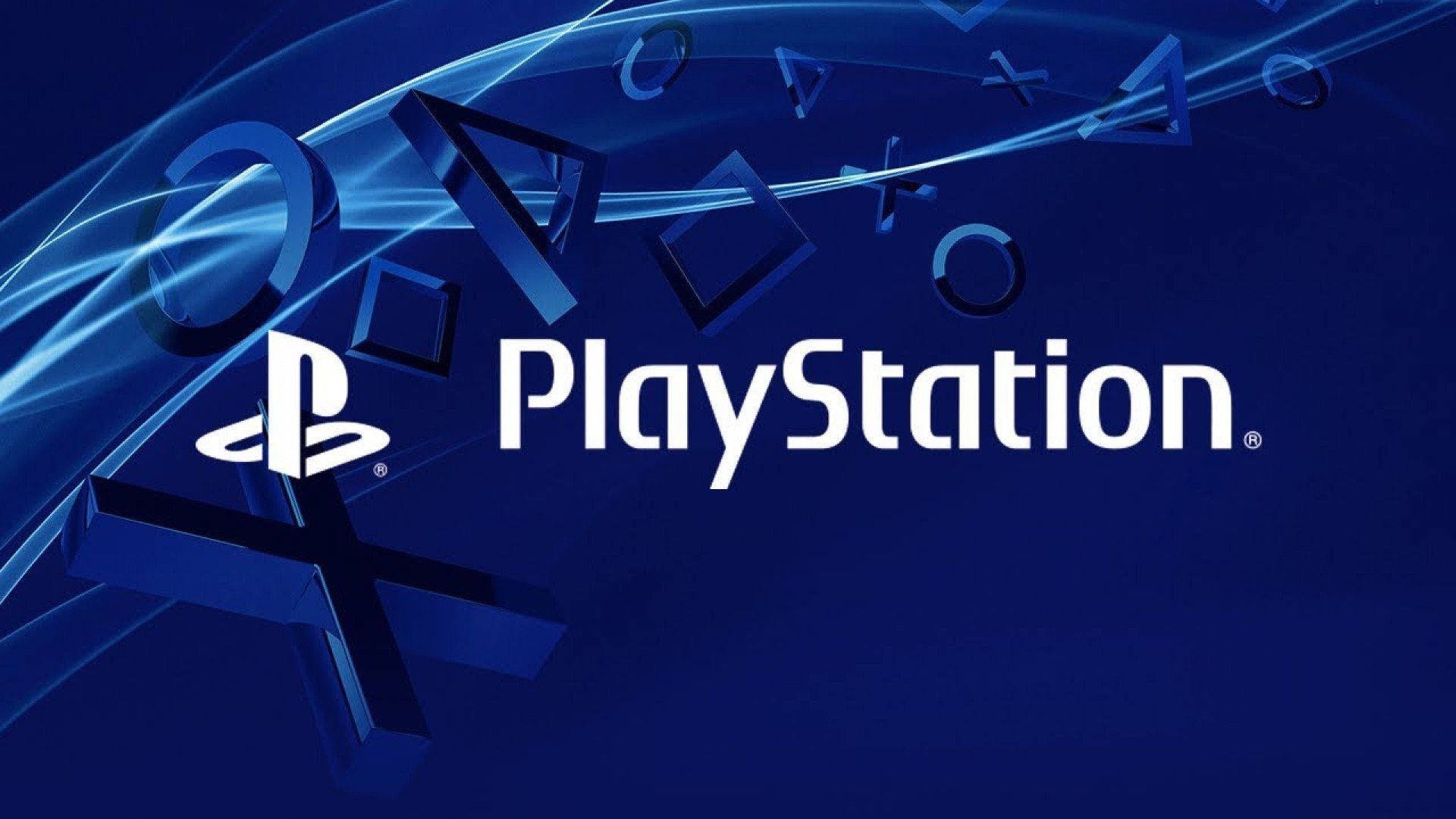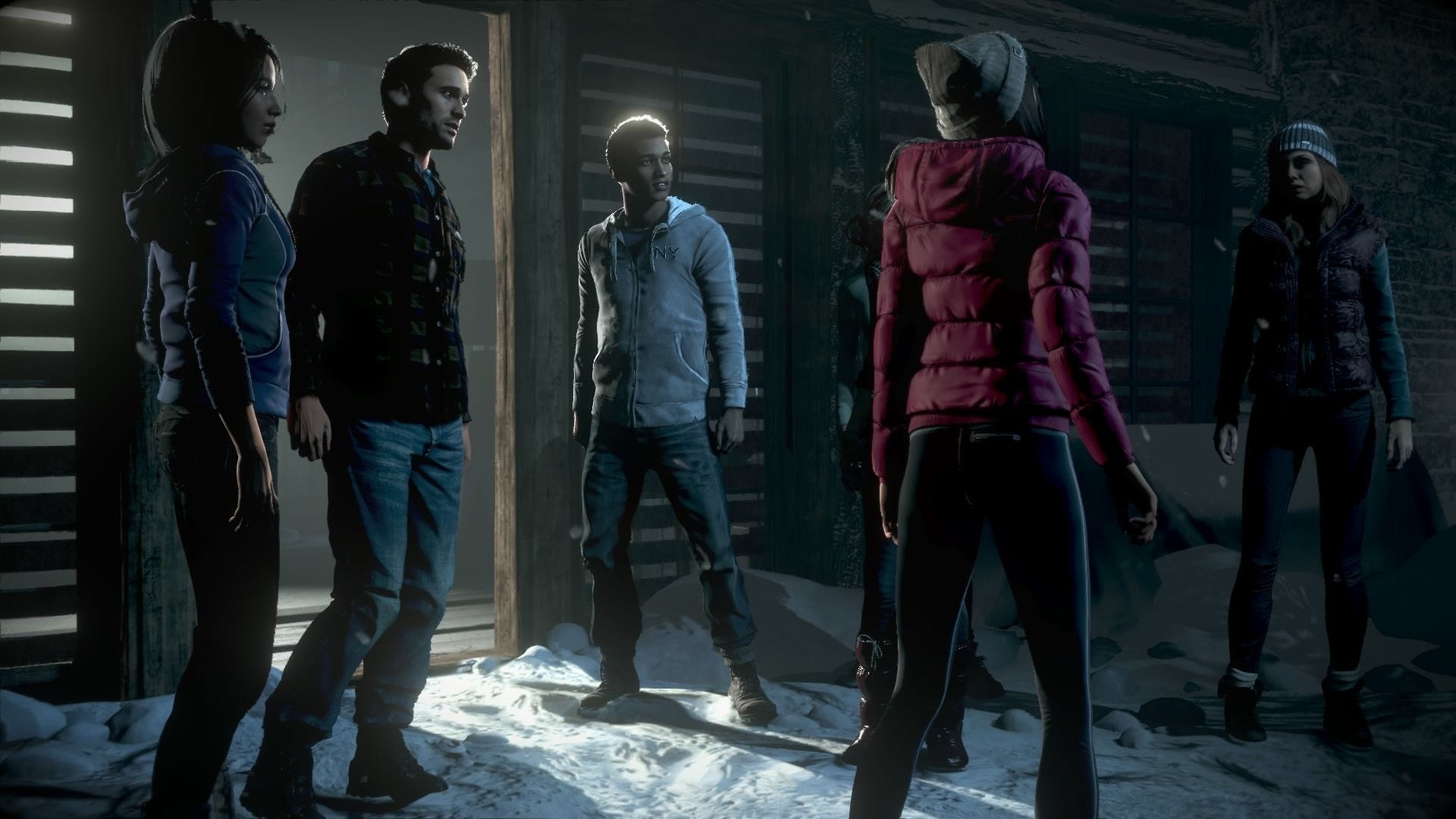Here we go again. Back in February, the FTC wanted to dive back into its battle with Microsoft over its acquisition of Activision Blizzard due to Microsoft announcing thousands of jobs worth of layoffs, including many developers from Activision Blizzard. When the FTC had asked for an injunction to block the sale, Microsoft made two claims. First, it indicated that the injunction wasn’t needed as this was a horizontal acquisition, not a vertical one, meaning that it wasn’t going to reduce staff after the purchase due to redundancies in the workforce. Second, it indicated that the injunction wasn’t necessary due to the hands-off approach Microsoft would take at these studios, meaning that it could easily divest from these developers if ordered to, rather than having to shut them down entirely. Post acquisition, Microsoft went right ahead and announced plans to lay off nearly 2,000 people, rather than doing any divesting. A complete one-eighty from what it told the courts, in other words.
And one that may be part of a larger effort, considering Microsoft also just closed up several developers that came over in the Bethesda acquisition as well.
Microsoft has closed a number of Bethesda studios, including Redfall maker Arkane Austin, Hi-Fi Rush and The Evil Within developer Tango Gameworks, and more in devastating cuts at Bethesda, IGN can confirm.
Alpha Dog Games, maker of mobile game Mighty Doom, will also close. Roundhouse Studios will be absorbed by The Elder Scrolls Online developer ZeniMax Online Studios. Microsoft, currently valued at over $3 trillion, did not say how many staff will lose their jobs, but significant layoffs are inevitable. IGN has asked Bethesda for comment. Microsoft declined to expand further when contacted by IGN.
Now, layoffs across the video game industry occurred throughout 2023 and into 2024, so it’s not as if Microsoft is alone in this. On the other hand, Microsoft is also, obviously, one of the largest players in the gaming space, with the largest revenue streams coming in from multiple avenues in the industry, and it just shelled out billions and billions of dollars to acquire a massive portfolio of gaming companies and franchises. For the coda to all of that to amount to Microsoft both laying off thousands of people and to pretend it’s sticking to its claim that this isn’t somehow a consolidation of roles resulting from cuts to redundancy post-acquisition is absolutely silly.
And while Microsoft and Bethesda may not be commenting publicly about all of this, the wider gaming industry certainly is.
“This is absolutely terrible,” tweeted Bakaba, co-creative director at the remaining Arkane studio, in the wake of the news. “Permission to be human: to any executive reading this, friendly reminder that video games are an entertainment/cultural industry, and your business as a corporation is to take care of your artists/entertainers and help them create value for you.”
And, to harken back to an earlier claim Microsoft made to combat the injunction the FTC wanted, some are questioning why these studios had to be closed to begin with.
It’s a fair question, given Microsoft’s previous claims. If the company isn’t interested in the games, franchises, and other work these studios are doing, why not divest? The answer is, because in many cases, Microsoft is interested in those things and is simply going to fold them into other parts of its gaming infrastructure.
And before anyone wants to chime in that there are broader economic forces at work that are causing Microsoft to trim any supposed fat, that’s certainly not represented in Microsoft’s overall numbers.
No, it’s far more likely that this is simply the result of lies and greed at work. Lies to the courts and FTC about what its plans were all along, and greed propelling layoffs and studio closures purely to shift their previous efforts to Microsoft teams that are already in place and established.
One would hope the FTC is paying attention.



